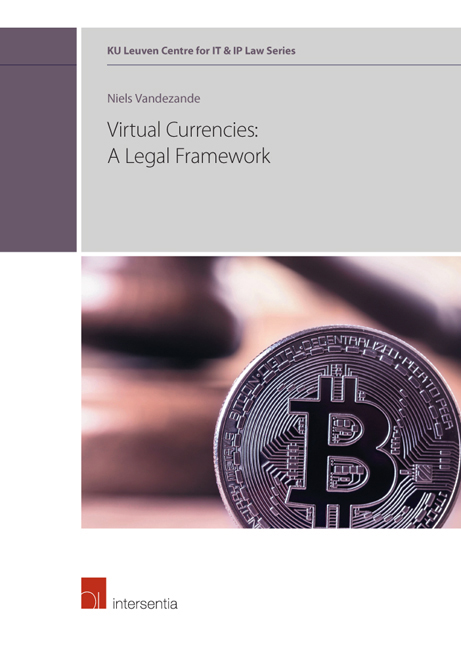Summary
BACKGROUND OF THE RESEARCH
Rising technology – The influence of the Internet on commercial transactions is undeniable. More and more purchases are concluded at electronic commerce, or e-commerce, websites such as Amazon. Currently, the main focus of developments in the e-commerce sector is on mobile payments – or m-payments, framed within the broader rise of financial technologies or fintech. On the one hand, m-payments could be conducted using technologies that allow for contactless payments, such as near field communication (NFC). Such technologies are already implemented in most major credit and debit cards. On the other hand, service providers can develop mobile wallets4, which can store online cash balances, bank cards, loyalty cards, or even boarding passes and tickets. Most major banks and established alternatives such as PayPal have already deployed mobile banking applications. However, the growth of fintech means that such services are no longer the exclusive domain of traditional players in the financial services industry. Also predominantly technology-oriented companies, such as Google and Apple, are becoming significant players in this field, and have developed their own mobile wallets.
Virtual currencies – Another significant development here is the use of virtual currencies. Some virtual currencies are deployed within a closed system – for instance a game such as World of Warcraft – and serve a single purpose, or are limited-purpose at most. Others, however, could theoretically serve unlimited purposes. That is, for instance, the case when a classic loyalty scheme is combined with the issuing of a virtual currency. Another example are so-called cryptocurrencies, such as bitcoin, which are distinct in not being issued by a central authority. The adoption of cryptocurrencies has grown exponentially over the last few years, despite their often volatile exchange rates. For instance, in 2017, 7.500 physical stores and 100.000 online businesses accepted bitcoin, including Microsoft, Expedia, and Overstock.
Legal uncertainty – While there are economic benefits to the aforementioned developments in virtual currencies, they also raise important legal questions.
- Type
- Chapter
- Information
- Virtual Currencies: A Legal Framework , pp. 1 - 22Publisher: IntersentiaPrint publication year: 2018



